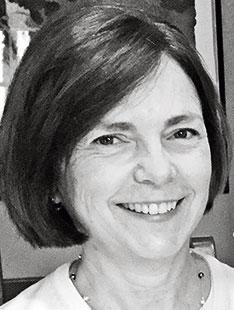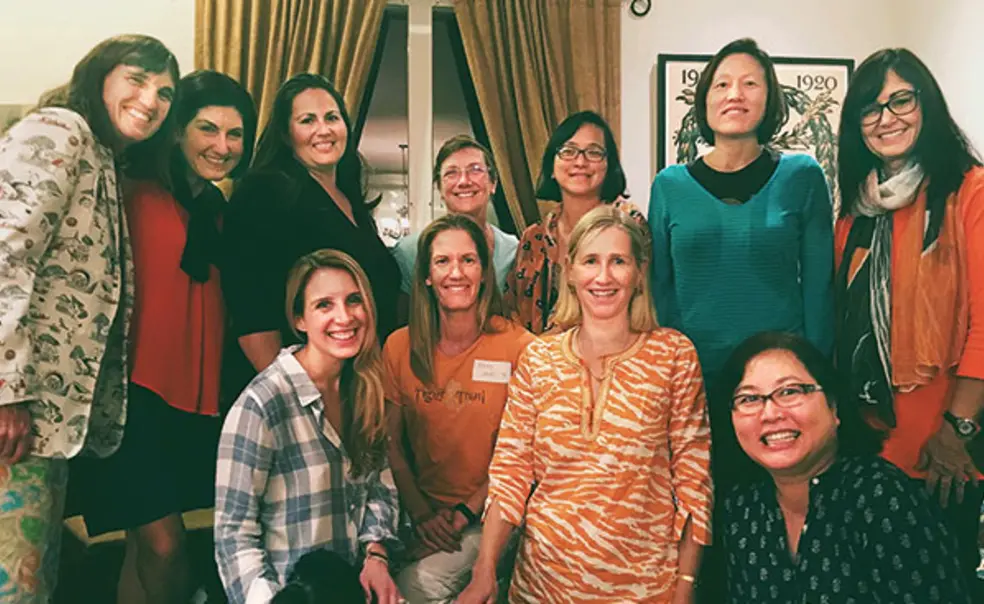Essay: Women in the Service of Humanity

Earlier last fall, the Alumni Council Committee on Alumnae Initiatives hatched an idea designed to help Princeton women serve their communities: Princeton Women’s Networks (PWN) in the Service of Humanity, an effort to create regional projects to benefit women and children. Alumnae answered the call, and in the following weeks we worked together from our far-flung cities to pull it off.
In Seattle, we each brought donations for Childhaven, a local nonprofit that helps children of families suffering from abuse. That same month, about 150 alumnae in nine regions gathered to help women and children in their communities. Our first PWN service project was underway.
In Philadelphia, alumnae brought personal-care items to a homeless shelter, and in the Boston area, alumnae ran a clothing drive for under-resourced women seeking to enter the workforce. Women in New York; Washington, D.C.; Portland, Ore.; Princeton; San Diego; and northern California held similar events.
The Thanksgiving theme struck a chord with the Seattle PWN. We thought about the many times we had planned our own holiday dinners, never worrying if we’d have enough food on the table. Now we talked about women in very different situations, often precipitated by a patch of bad luck.
Mentoring conversations tend to crop up in a room of women from several generations, and the sharing goes both ways. Often, younger women are eager to learn from the experiences of their elders: “How did you juggle it all?” Younger women also advise older alumnae, sharing advice about the ever-changing workplace, for example.
Princeton women make deep connections and find inspiration in these gatherings. “She Roars,” the landmark Princeton women’s conference in 2011, gathered almost 1,300 alumnae and guests for lectures, seminars, and meals, and many alumnae found magic in it. Since then we’ve helped alumnae start PWNs as part of regional associations around the country and the world. Our homepage offers online resources for volunteers, including a guide on how to start a PWN group, ideas for easy events, and tips for attracting volunteers and developing leadership.
While working together last fall, we forged relationships and discussed what’s next. Many of the nine PWNs expressed interest in making PWNs in the Service of Humanity an annual event. Our efforts did not go unnoticed by Princeton; in May, it was announced that PWN would receive the Alumni Council Award for Community Service for encouraging and inspiring acts of service.
The Alumnae Initiatives Committee is using this model for a variety of PWN events in the future: We help identify women leaders throughout the world, we gather them around a unity of purpose while honoring a variety of approaches, and we create an ongoing community of support for their work. So we’ll gather again and again — for friendship, support, and fun. And we’ll gather again, as we did last fall, in the service of humanity.












No responses yet